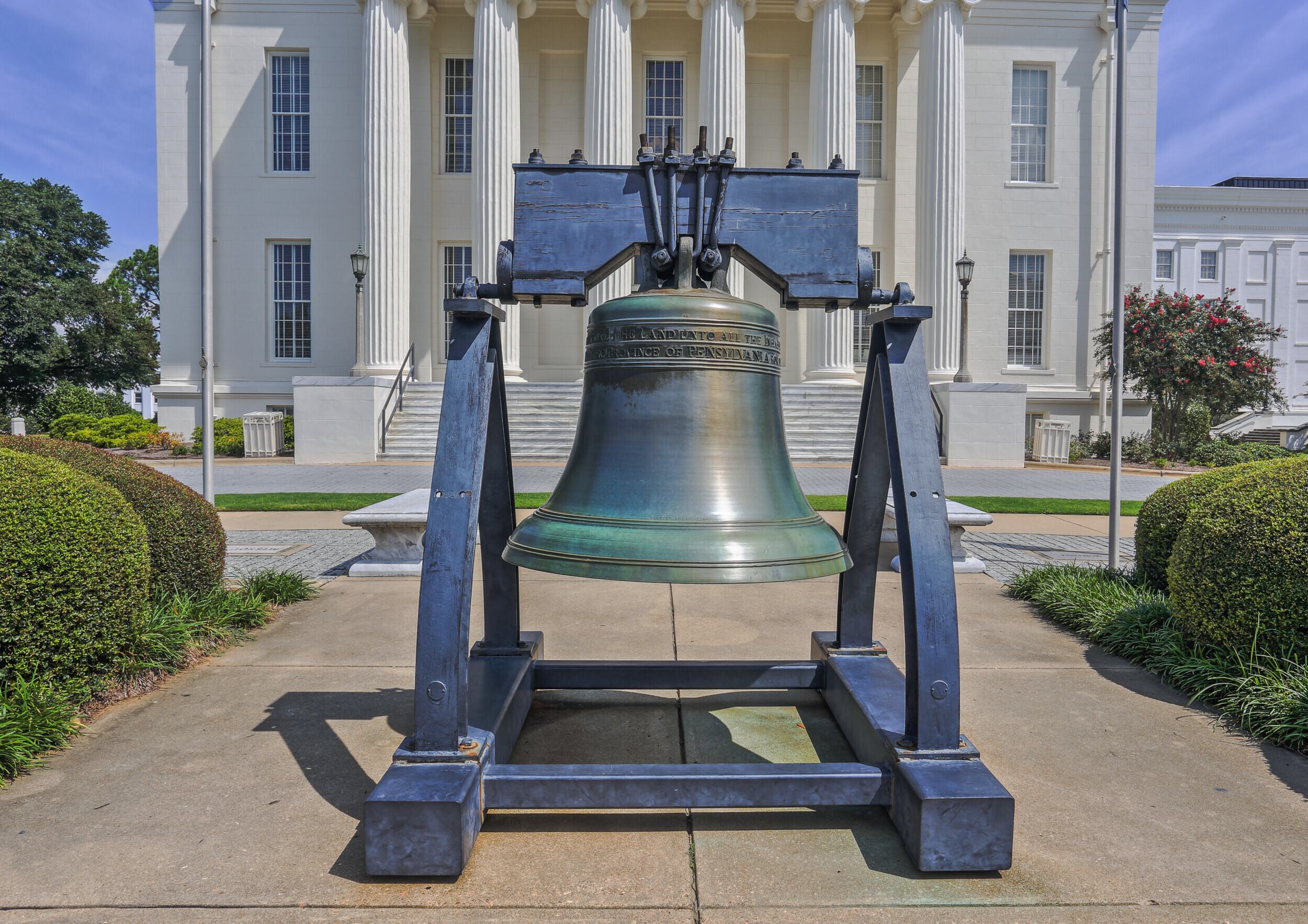HOMEWOOD — Troy University’s Johnson Center for Political Economy and the American Institute for Economic Research (AIER) hosted a panel on Thursday afternoon to discuss exactly how free Alabama is.
The panel, hosted by retired economics professor and director of the Small Business Development Center at the University of North Alabama Dr. David Black, included three panelists: AIER’s Jason Sorens, Dr. Dean Stansel of the Bridwell Institute for Economic Freedom and Stand Together Trust senior fellow Dr. Adam Millsap.
It was one of two panels at the “From Red Tape to Red States” event at the Valley Hotel in Homewood.
Sorens and Stansel each presented separate studies measuring freedom by state across the country, explaining how Alabama compared to other states.
Sorens, who presented the Cato Institute’s “Freedom in the 50 States” study, explained that freedom studies could be used by people seeking to maximize freedom and by those who simply want to consider it a factor in making policy decisions.
“We understand liberty as your ability to dispose of your life, liberty and property as you see fit so long as you don’t infringe on the equal rights of others,” Sorens said. “For some people, that is their political philosophy: maximize freedom. Some people might say, ‘Well, if that’s how you define freedom, I’m not for maximizing freedom. Maybe freedom is good up to a certain point. There are sometimes we should not have freedom.’ That’s okay. We intend our study to be useful for libertarians … as well as non-libertarians who want to trade that off against other values.”
“Freedom in the 50 States” considers over 230 variables, such as incarcerations and arrests, gambling laws, gun rights, marriage legislation, educational freedom, tobacco laws and taxes, alcohol regulations, marijuana laws, asset forfeiture, campaign finance regulation and travel restrictions.
The study, conducted from 2000 to 2021, found that New Hampshire was the freest state in the United States, followed by Florida, Nevada and Tennessee. Florida and Tennessee were ranked highly under economic freedom, whereas Nevada and New Hampshire were ranked highly under personal freedom.
States like California and New York were in the bottom three overall and ranked low in economic and personal freedom.
Alabama was mediocre in all three measures. Alabama ranked 22nd overall – 18th in economic freedom and 37th in personal freedom.
“In terms of its rank over time, Alabama has been pretty consistent in terms of its overall freedom and economic freedom,” Sorens said. “It’s risen in the ranks on personal freedom.”
Sorens said that cronyism in Alabama hurts the state in the rankings. This includes policies like preventing independent practice for nurse practitioners and price gouging laws and the Alcoholic Beverage Control (ABC) Board, which maintains a monopoly over the wholesale liquor business and is a competitor in the retail liquor business. He also said that harsh marijuana sentencing negatively affects Alabama’s rankings.
Stansel said his study’s methodology differs from Sorens’s but comes to similar conclusions. He found that, other than Mississippi, Alabama’s surrounding states are considerably freer.
“How does Alabama rank?” asked Stansel. “Like Jason’s index, pretty mediocre. In the middle: 22nd. That’s not bad … Sure, Alabama’s in the top half, but look who’s around them. You’ve got Tennessee, Georgia and Florida all among the freest states in the country.”
Stansel said that the fact that surrounding states are freer impacts Alabama’s economy, and expanding freedoms in the state could make Alabama a more attractive place to live.
To connect with the author of this story or to comment, email will.blakely@1819news.com or find him on Twitter and Facebook.
Don’t miss out! Subscribe to our newsletter and get our top stories every weekday morning.









